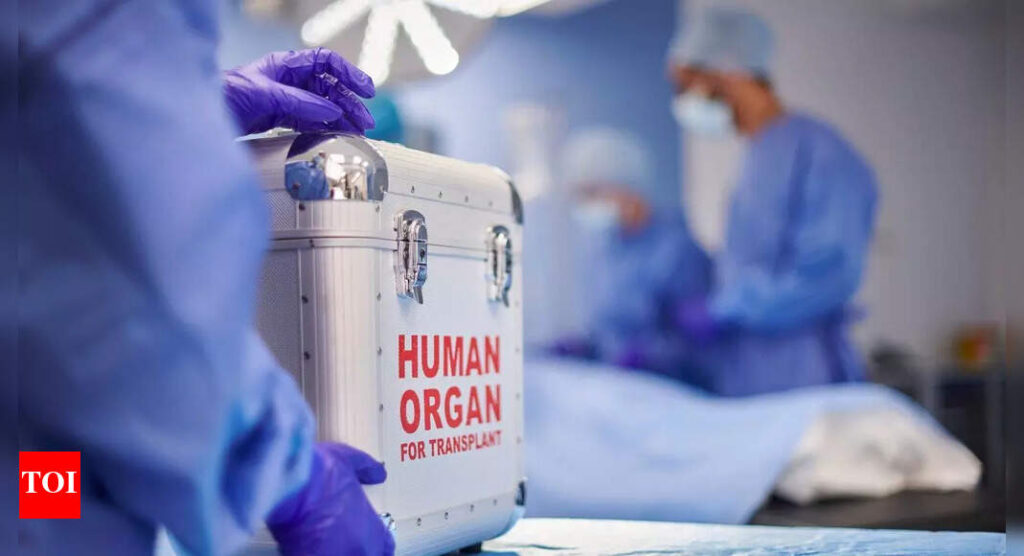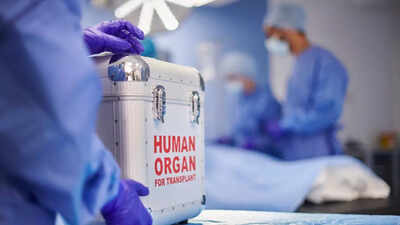Kidney transplant turns dangerous after parasite found in donor organ

A routine kidney transplant meant to save a man’s life nearly cost him everything—because of a parasite no one saw coming.Two months after undergoing what should have been a life-improving surgery, a 61-year-old man was rushed back to the hospital in distress. He wasn’t just feeling unwell—he was vomiting, severely fatigued, constantly thirsty, and urinating excessively. As his symptoms escalated, his oxygen levels dropped and fluid began to accumulate in his lungs. Despite being placed on a feeding tube, his condition worsened. Doctors transferred him to intensive care and began a frantic search for answers.According to a detailed case report in the New England Journal of Medicine, physicians at Massachusetts General Hospital suspected an infection but were faced with a daunting challenge: the man was on powerful immunosuppressive drugs following his transplant, which meant nearly any infectious agent could be the cause.

What did they find?
Dr. Camille Kotton, Clinical Director of the Transplant and Immunocompromised Host Infectious Diseases division at Mass General, was part of the team trying to find the cause. As reported by Ars Technica, she began by ruling out likely viral infections, since the patient was already on preventative medications.But when she noticed two unusual signs—a significant rise in eosinophils (a type of white blood cell linked to parasitic infections) and a reddish-purple rash on the patient’s abdomen—her attention turned toward a lesser-considered threat: a parasitic roundworm called Strongyloides. This worm typically infects the gastrointestinal tract and can become deadly when undiagnosed in immunocompromised individuals.To follow her hunch, Dr. Kotton contacted the organ-procurement organization and learned that the donor had lived in the Caribbean, a region where Strongyloides is endemic. The donor’s blood hadn’t been tested for the parasite prior to organ recovery, but stored samples later revealed antibodies against it. Meanwhile, the transplant recipient’s pre-transplant blood was negative—confirming that the infection had come from the donor.
Tests soon uncovered worm larvae in the patient’s lungs and stool. The treatment required ivermectin, a deworming medication approved by the FDA only for oral use in humans. With special approval, doctors administered the drug subcutaneously. Slowly, the patient began to recover.Then came another shock: the recipient of the donor’s other kidney had also fallen critically ill. When doctors exchanged notes, they found the same parasite at work. Fortunately, both patients survived.In response to the case, the United Network for Organ Sharing has since revised its transplant screening guidelines, now recommending universal Strongyloides testing for donors from high-risk regions. The case serves as a stark reminder that even life-saving procedures can carry hidden dangers—and that vigilance doesn’t end with the operating room.






